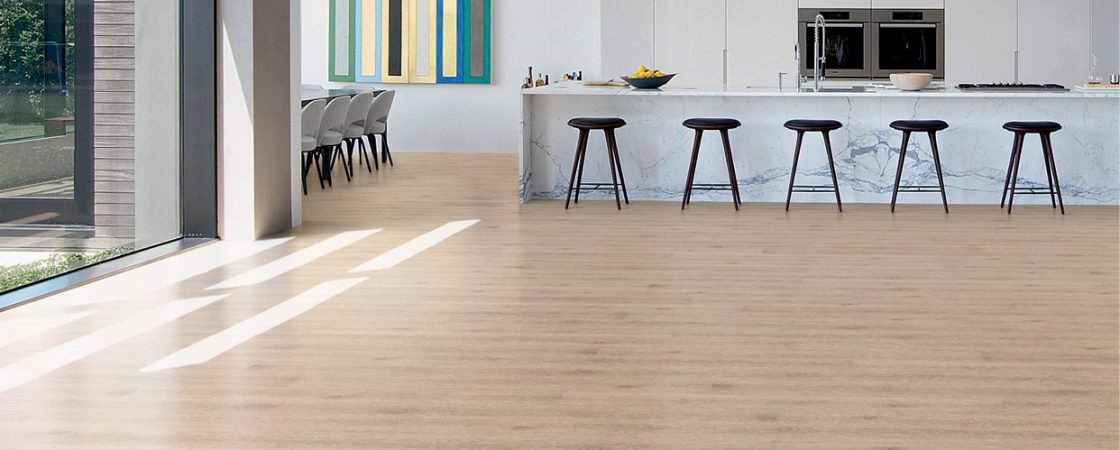When it comes to choice in flooring, natural stones still retain their popularity. Despite the many options, you will get in floor tiles today, natural floors have a charm that you simply cannot beat. There is a certain satisfaction of knowing that your floors are completely natural, aligned to the earth. These are non-polluting, natural alternatives that also often prove to be aesthetically superior. Natural stones are also considered the more luxurious option.
However, one must be careful when selecting the natural stone. With a little care, stone floors can last a lifetime. This includes cleaning the floors carefully and sealing them with stone sealer products. Here are a few other factors to keep in mind:
Location
Are you planning for outdoor or indoor flooring? Keep in mind that outdoor flooring, such as patios and walkways see more wear and tear than indoor flooring. These are also exposed to harsh weather conditions. You need a stone which is less absorbent and capable of withstanding rough use. Common choices are travertine and limestone. Indoor flooring is usually done on stone floors that are considered a tad more luxurious. Marble is often preferred here because of its smooth finish, elegance and a sheer number of options.
Absorption rating
One of the disadvantages of using the natural stone is their porousness. Naturally appearing stones will always be more absorbent than man-made flooring options like tiles. Stone sealers like limestone sealer are used to reduce absorption factor. The porousness of natural stone is a disadvantage because it makes them more susceptible to stains. Any spilled liquid, if not cleared quickly, will leave a stain, marring the beautiful surface.
Again, the different stone has different absorption ability and absorption ratings will help you compare their ability. Stones are categorized as vitreous, non-vitreous, semi-vitreous and impervious as per their absorption rating. Sandstone is the most porous natural stone, while granite the most impervious.
Grade
Not all natural stones are the same. Even within one stone, there could be different types. Most stone suppliers and retailers categories their product as per grades to distinguish between the different qualities. The pricing will also vary according to the grade. Grade 1 marble, for instance, is one of the most expensive options, while a lower grade will be much more affordable. A high-grade stone will also be treated. For instance, a grade 1 limestone will already be treated with limestone sealer.
Budget
When it comes to natural stone, this could be the most important factor. Natural stones can be very expensive and vary widely in their pricing. Hence, your choice will depend heavily on the budget you have. For instance, granite has an impervious absorption rating, but it is not used very often because of its heavy price factor.
Treating the floor
Make sure the floor is treated properly at the time of installation. At the very least, see that a proper stone sealer is used to seal the floors. A sealer forms a kind of layer over the stone so that it becomes a little less porous. It is less likely to stain. A treated floor is low-maintenance and will last a long time.




